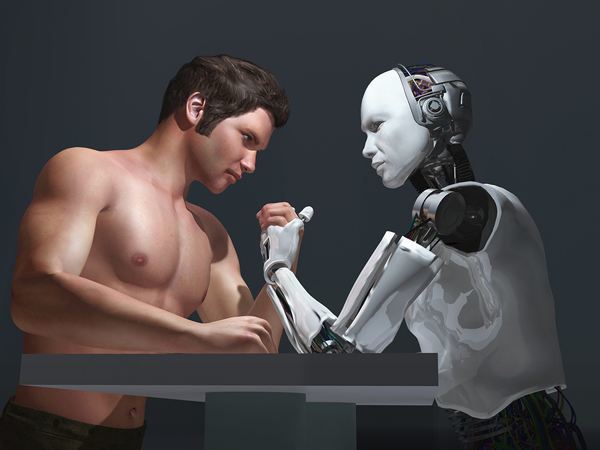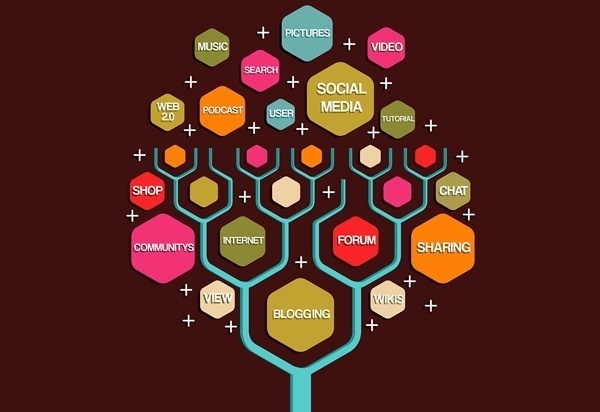We all know AI is everywhere right now. It’s helping with everything from speeding up content production to coding, idea generation, and even drafting emails. It’s easy to see why it’s so tempting to rely on AI. It can make us sharper, quicker, and even more creative.
And I’ve used it myself. I’ve built a custom GPT, and I use it to explore new ideas, test things out, and brainstorm. It’s a great assistant. At times, working with AI feels like having a colleague by my side, testing things out together.
But here’s the truth: AI can support you and help you work faster, but it cannot build a digital marketing strategy.
It might be able to surface insights and streamline processes, but if you hand over your strategy to AI, you’ll end up with something that looks good on paper, but doesn’t hit the mark in the real world.
Strategy Is More Than a Checklist
A real strategy is about more than just ticking things off a list. It’s about making choices, prioritising, knowing when to push and when to pause, and understanding when to say no.
AI might help you map out ideas. It might give you some trends to follow. But it won’t give you the context you need to make decisions. It won’t tell you when a shift in the market means you need to change direction. It won’t know when your approach is quietly heading in the wrong direction.
From my experience, there’s no substitute for the human touch when it comes to making those decisions.
AI Can’t Think Like You
As marketers, we don’t just rely on data. We need to understand people. We need to get a feel for what’s going on. We have to see what’s behind the numbers, figure out what motivates our audience, and then make the right choices.
AI doesn’t have that intuition. It doesn’t have the critical thinking needed to truly understand how things work. It doesn’t know that a campaign failed not because of the creative, but because the audience didn’t trust the offer. It won’t know that a client is worried about something that’s not even on the radar, or that a team member is about to burn out.
Those insights come from human experience. From spending time with the team, with clients, and with the data. AI can support you, but it’s not a substitute for your experience or instincts.
What AI Can’t Do
AI doesn’t sit in a meeting and feel the room. It doesn’t pick up on the small things, like the way two team members are side-eyeing each other during a discussion. It doesn’t notice when someone is overwhelmed and needs help. It doesn’t see the subtle signs that your plan makes sense on paper but doesn’t feel right.
I’ve learned that the human side of strategy is what makes it work. AI doesn’t have emotions. It can’t develop empathy. It won’t care that you’re under pressure to make it all work. But you do.
What’s the One Part of Your Work That AI Should Never Touch?
When I think about what part of my work AI should never touch, it’s that human element, the empathy, the understanding of people, and the ability to read situations that no algorithm can predict. AI can suggest strategies based on data, but it can’t read between the lines or sense what’s really going on.
For example, when you’re working with clients or your team, it’s about understanding how they feel. AI won’t know when a client is hesitant about a direction you’re taking or when a team member is quietly frustrated because something isn’t being addressed. These small, human elements often make or break a strategy, and AI simply can’t grasp that.
Use AI Well, But Don’t Let It Lead
AI is great when it comes to research, finding patterns, and even suggesting ways forward. But when it comes to strategy, it’s not the one who should be in charge. You still need to make the decisions. You need to know what’s important, and when to listen, pause, or change direction.
It’s no surprise that employers are increasingly valuing AI skills, and it’s true that knowing how to use AI effectively is becoming a core skill. But the best skill you can have is knowing when not to use AI. When you should rely on your instincts, your understanding of people, and your experience.
In the end, the difference between output and impact lies in the decisions you make as a human.
Comparison: What AI Can and Can’t Do
| Aspect | What AI Can Do | What AI Can’t Do |
| Idea Generation | Suggest topics, keywords, and content ideas | Understand market nuances and emotional triggers |
| Data Analysis | Process large volumes of data and find trends | Interpret why certain trends matter or how they relate to specific campaigns |
| Automation | Handle repetitive tasks (e.g. scheduling posts, basic reporting) | Make complex decisions based on context or human intuition |
| Personalisation | Create personalised emails, product recommendations | Truly understand and react to individual customer emotions or needs |
| Research | Gather and summarise data from multiple sources | Know when a source is unreliable or when a new, emergent trend is happening |
| Critical Thinking | Provide logical insights based on data | Make decisions based on intuition, empathy, or understanding of human behaviour |
| Creativity | Suggest creative ideas or produce content based on prompts | Understand and sense when creative ideas need to be adjusted for a human audience |
| Strategy Development | Help automate the process or generate basic outlines | Lead strategy with human understanding of emotions, team dynamics, and market trends |
One Final Thought
AI is a powerful tool, and it’s changed the way we work. It helps us get more done, explore new ideas, and improve efficiency. But if we all rely on the same AI for strategy, we’ll all end up with the same results.
That’s where the human touch matters. Your judgement, your emotional intelligence, your understanding of people, that’s what makes a strategy work.
So yes, use AI to enhance your process. But don’t let it lead your strategy.







Leave a Reply